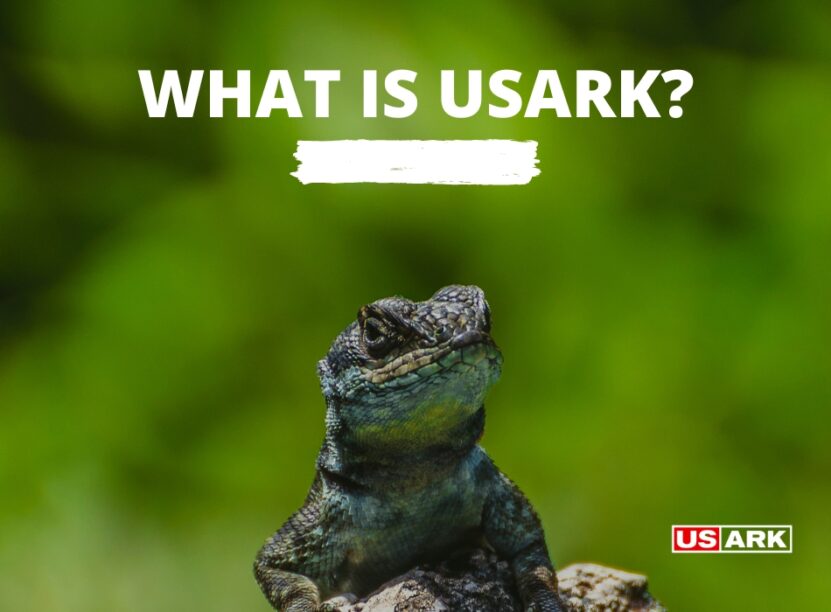The United States Association of Reptile Keepers (USARK) is an organization that is often mentioned in discussions about reptiles and amphibians, especially when it comes to legislation and conservation.
Despite its significance in the herpetoculture community, there is still a lack of understanding about what this organization does and how it operates. In this comprehensive article, we will delve into the world of USARK, exploring its mission, achievements, and the challenges it faces in its ongoing efforts to protect reptiles and amphibians.
The Birth of the Organization
In 2008, Andrew Wyatt founded the United States Association of Reptile Keepers (USARK) as a response to the growing concerns over the rights of reptile keepers and the welfare of reptiles and amphibians in the United States.
Since then, it has evolved into a prominent organization that represents reptile and amphibian keepers, breeders, researchers, veterinarians, and educators. Its primary mission is to protect the rights of these groups while ensuring the conservation and welfare of reptiles and amphibians.
USARK’s Mission and Objectives
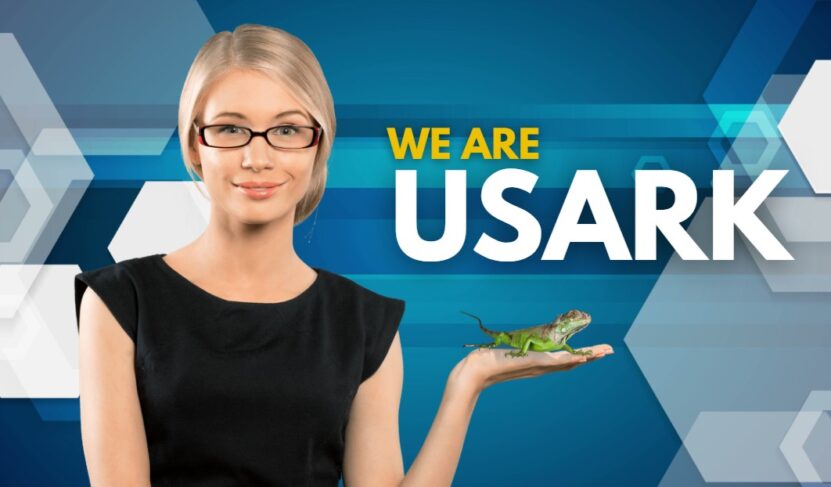
This organization aims to fulfill its mission by focusing on the following objectives:
Advocacy
USARK serves as a voice for the reptile and amphibian communities by engaging with government agencies and legislators to ensure fair regulations and laws are in place.
Education
The organization promotes awareness and understanding of reptiles and amphibians, their care, and the importance of responsible pet ownership. They provide educational resources and collaborate with experts to create accurate, science-based information for the public.
Conservation
The organization supports conservation efforts that protect and preserve reptile and amphibian species in the wild. USARK encourages habitat restoration and responsible captive breeding programs to minimize the impact of the pet trade on wild populations.
Community Building
USARK works to unite and strengthen the reptile and amphibian community by fostering relationships between enthusiasts, professionals, and organizations. They organize events and provide platforms for networking and collaboration.
Achievements
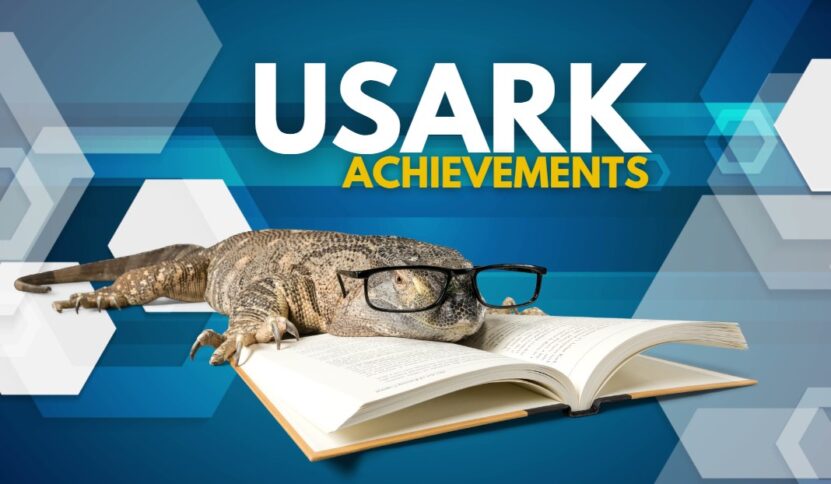
Since its inception, USARK has made significant strides in advocating for the rights of reptiles and amphibian keepers and promoting the well-being of these animals. Some notable achievements include:
Successful Lobbying Efforts
USARK has been instrumental in challenging and amending legislation that could have severely impacted the reptile and amphibian communities. They have worked with lawmakers to create more balanced laws and regulations, ensuring that responsible keepers can continue to enjoy their passion.
Raising Awareness
Through educational initiatives and campaigns, USARK has helped to dispel misconceptions about reptiles and amphibians while promoting responsible pet ownership and husbandry practices.
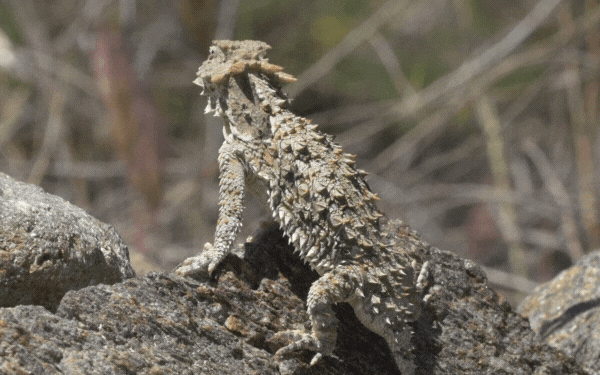
Supporting Conservation
The organization has provided financial and logistical support to numerous conservation projects aimed at preserving reptile and amphibian habitats and populations. They have also collaborated with other organizations and researchers to develop and implement effective conservation strategies.
Building a Strong Community
USARK has successfully brought together individuals and organizations with a shared passion for reptiles and amphibians. By organizing events, conferences, and expos, they have created a network of enthusiasts and professionals who can collaborate and learn from one another. Also big influence can be accomplished with videos about this topic, which can be shared on social media. Click here to learn more about it.
USARK and Legislation
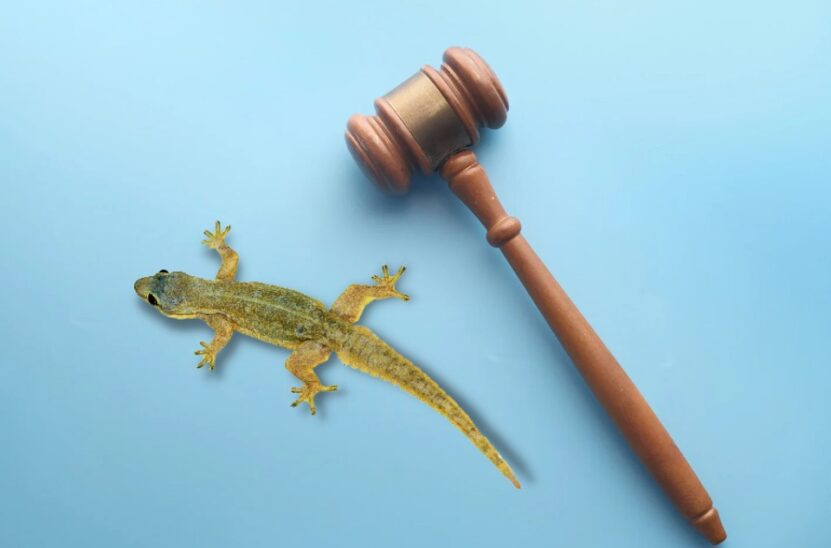
One of the most critical aspects of the organization’s work is its involvement in legislation that affects reptiles and amphibians. They are committed to protecting the rights of keepers and ensuring that laws and regulations are based on sound scientific evidence. Here are some examples of their legislative efforts:
The Lacey Act
The Lacey Act, enacted in 1900, is a U.S. law that prohibits the trade of illegally obtained wildlife, plants, and their products. In 2012, USARK successfully lobbied against the proposed ban on interstate transportation of nine large constrictor snake species, arguing that the ban would be detrimental to the reptile industry and keepers. Ultimately, only four species were included in the ban, while the remaining five were exempted.
State and Local Legislation
USARK actively monitors and engages with state and local governments to ensure fair and reasonable regulations. They have helped to challenge and revise proposed laws that would have negatively impacted reptile and amphibian keepers, breeders, and businesses.
The Challenges the Organization Faces
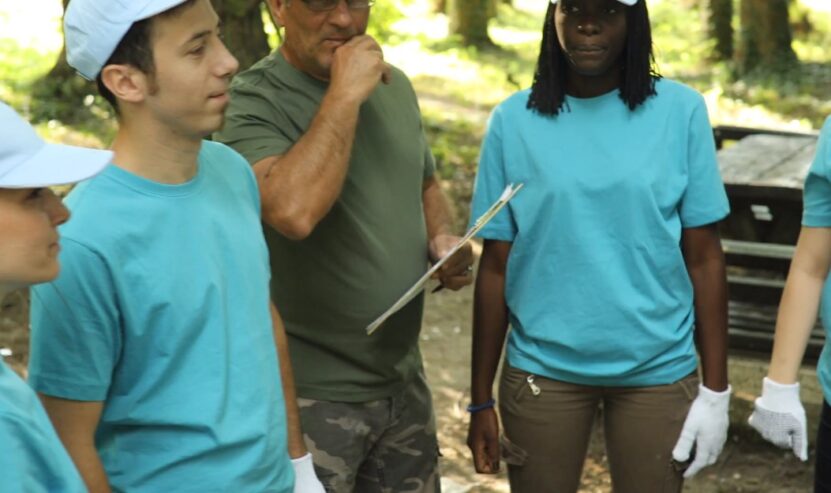
Despite its many achievements, USARK still faces numerous challenges in its ongoing efforts to protect reptiles and amphibians and the rights of their keepers. Some of these challenges include:
Public Perception
Reptiles and amphibians are often misunderstood and feared, which can lead to negative stereotypes and unfounded concerns about their impact on public safety and the environment. USARK must continuously work to educate the public and combat misinformation.
Invasive Species
The introduction of non-native reptiles and amphibian species can cause significant harm to local ecosystems. USARK must strike a balance between protecting the rights of keepers and promoting responsible pet ownership to prevent the release of invasive species into the wild.
Legal Battles
USARK often faces costly legal battles in its fight for fair regulations and legislation. These battles consume time and resources, which can strain the organization’s finances and hinder its ability to focus on other initiatives.
Climate Change
Climate change poses a significant threat to the reptile and amphibian populations worldwide. USARK must collaborate with other organizations and governments to develop and implement effective conservation strategies to mitigate the impacts of climate change on these vulnerable species.
How to Support USARK
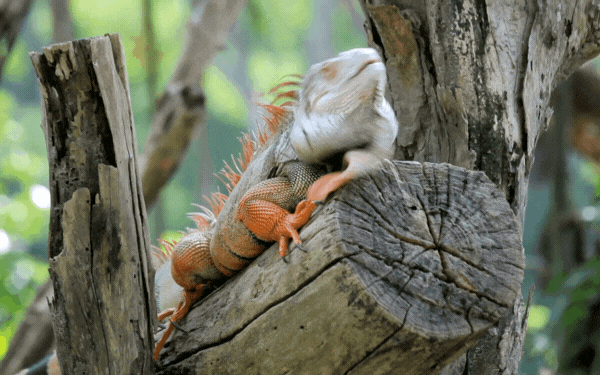
Individuals and organizations interested in supporting this organization and its mission can do so in various ways:
Membership
By becoming a member of USARK, you can provide financial support and stay informed about the organization’s initiatives, events, and news.
Donations
The organization relies on donations to fund its efforts, including legal battles, conservation projects, and educational initiatives. Donating is an impactful way to support its mission.
Volunteering
USARK welcomes volunteers who are passionate about reptiles and amphibians and can contribute their skills and expertise in areas such as event planning, advocacy, education, and more.
Spread the Word
Sharing information about USARK and its work through social media, personal networks, and community events can help raise awareness and garner support for the organization and its cause.
Stay Informed and Engaged
Keep up to date with USARK’s initiatives and legislative efforts by subscribing to their newsletter and following them on social media. Engage with lawmakers and attend public meetings to voice your support for fair and science-based reptile and amphibian legislation.
Final Words
The United States Association of Reptile Keepers (USARK) plays a crucial role in the world of reptiles and amphibians, championing the rights of keepers, breeders, and enthusiasts while advocating for the conservation and welfare of these unique creatures.
By understanding the organization’s mission, objectives, and challenges, we can better appreciate the importance of their work and the impact they have on the herpetoculture community. Whether you are an enthusiast or simply someone who cares about the welfare of animals, supporting USARK ensures a brighter future for reptiles and amphibians, as well as those who are dedicated to their care and preservation.

